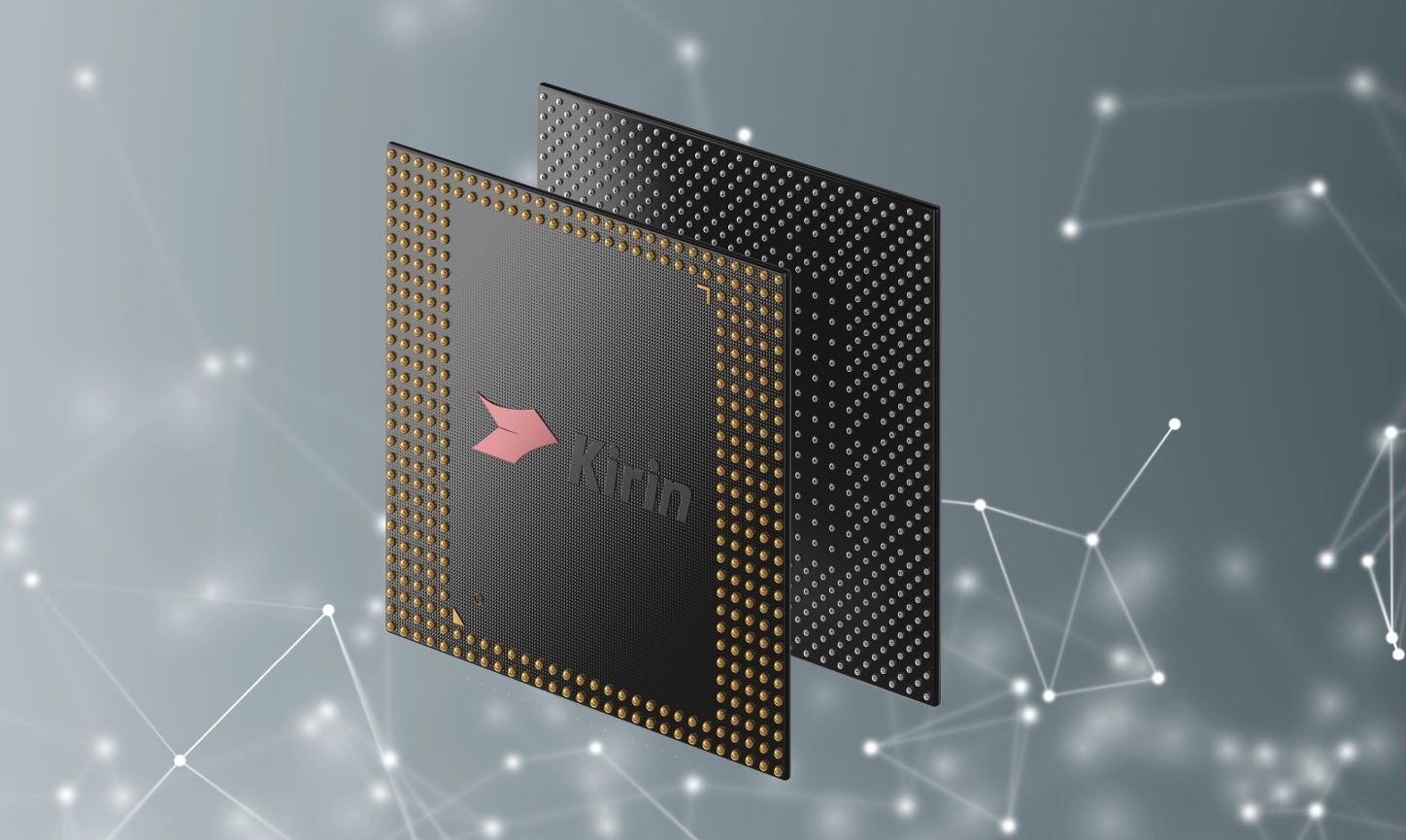Ever since the US-China trade war began, there have been several major developments in technology, especially those related to smartphones. The ban on Huawei by the United States and the constant lobbying with other countries to do the same, led to several Chinese companies, including Huawei, to become self-reliant.
Now, it seems that China has started a process using which it could become the leader in 5G chipmaking. The Suzhou Institute of Nano-tech and Nano-Bionics under the Chinese Academy of Sciences (Sinano), and the National Center for Nanoscience and Technology, have made important discoveries related to ultra-high precision laser lithography.

For those who are unaware, lithography machines play quite a crucial role in the production of chips as they etch patterns on wafers for placing transistors. One of the biggest breakthroughs has been EUV that creates extremely thin markings.
However, the discovery is still at the theoretical state and it could take years as well as plenty of money to make this a reality. Compared to others, China is still behind when it comes to manufacturing chipsets, which is often outsourced to the likes of TSMC.
EDITOR’S PICK: World’s First 120W fast charging unveiled by iQOO; First 120W iQOO phone could be coming in August
Nonetheless, the discovery of a new process laser lithography by China is a major step forward for the country. ASML, which is the global leader in lithography and holds a monopoly in the market, was recently blocked by the Dutch government from selling its machines to the Chinese customers, after pressure from the United States.
China’s largest foundry — SMIC — still produces chipsets on a 14nm node process while most of the latest chipsets are being manufactured on 5nm node, including the upcoming Apple A14 and Huawei’s next-gen Kirin SoC.
But if the development regarding chip manufacturing in China keeps going at a rapid pace, combined with proper investments, SMIC and similar companies in China could soon start using the latest technology for making chips. This will present an advantage to China and the smartphone makers in the country such as Huawei. In fact, SMIC is reportedly planning to raise $2.8 billion in Shanghai’s Star Market for its growth.
UP NEXT: Vivo X50 series flagship smartphones confirmed to launch in India on July 16
(Source)







